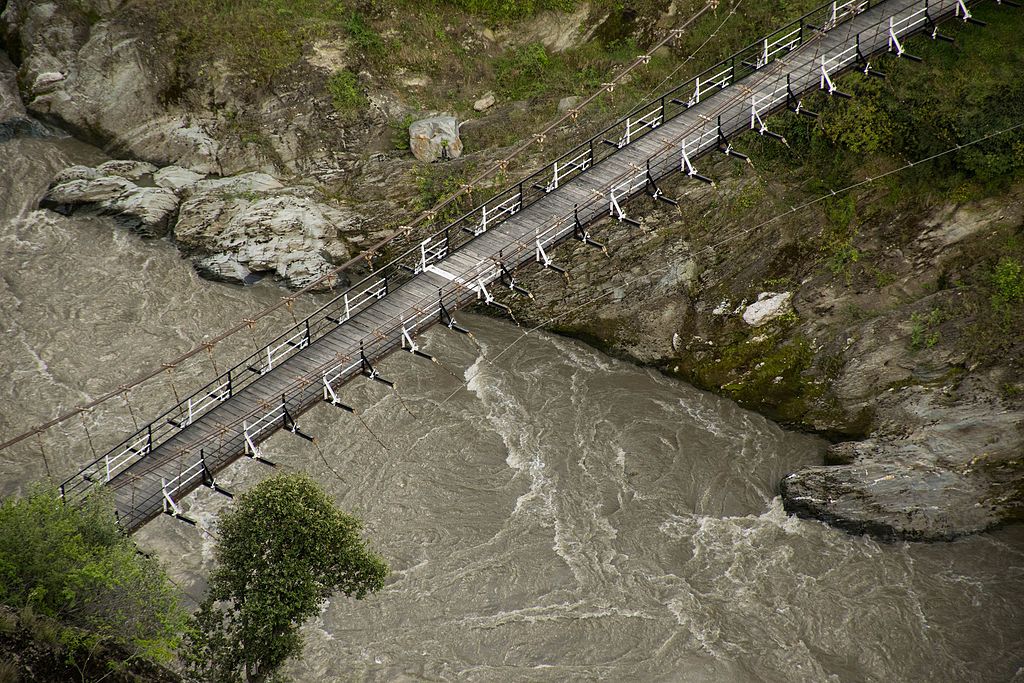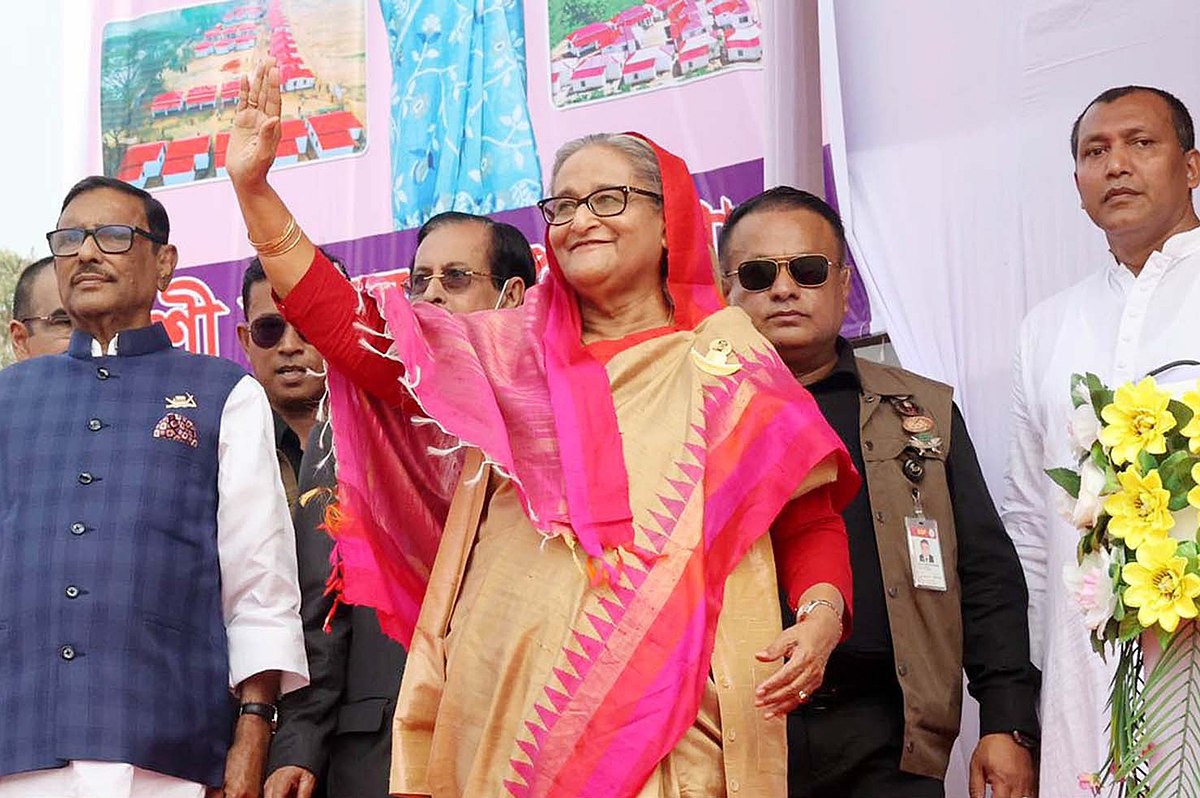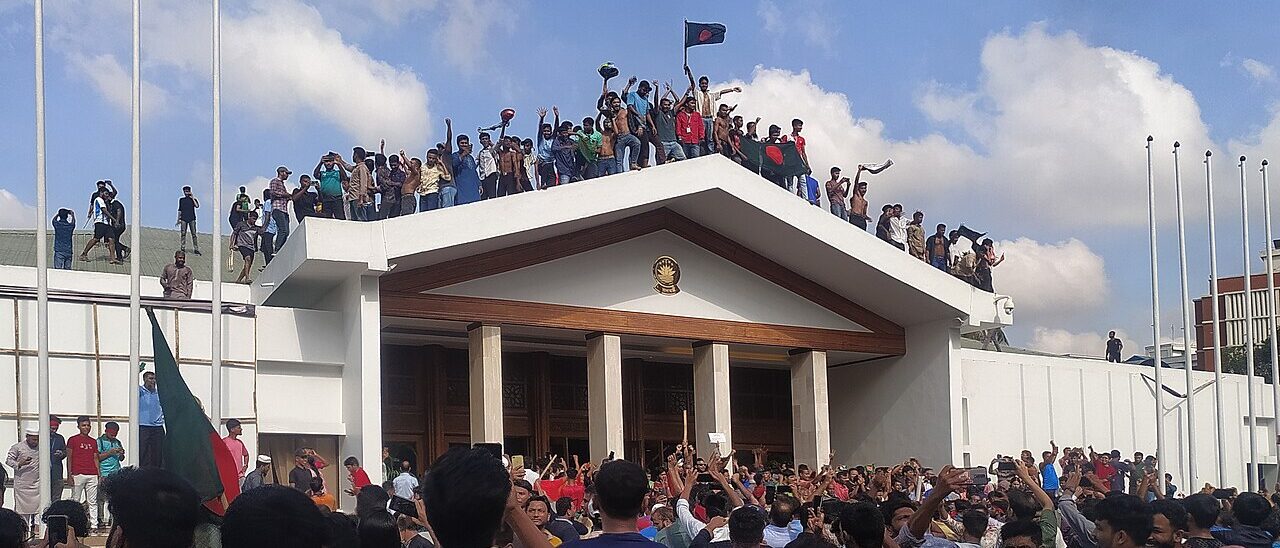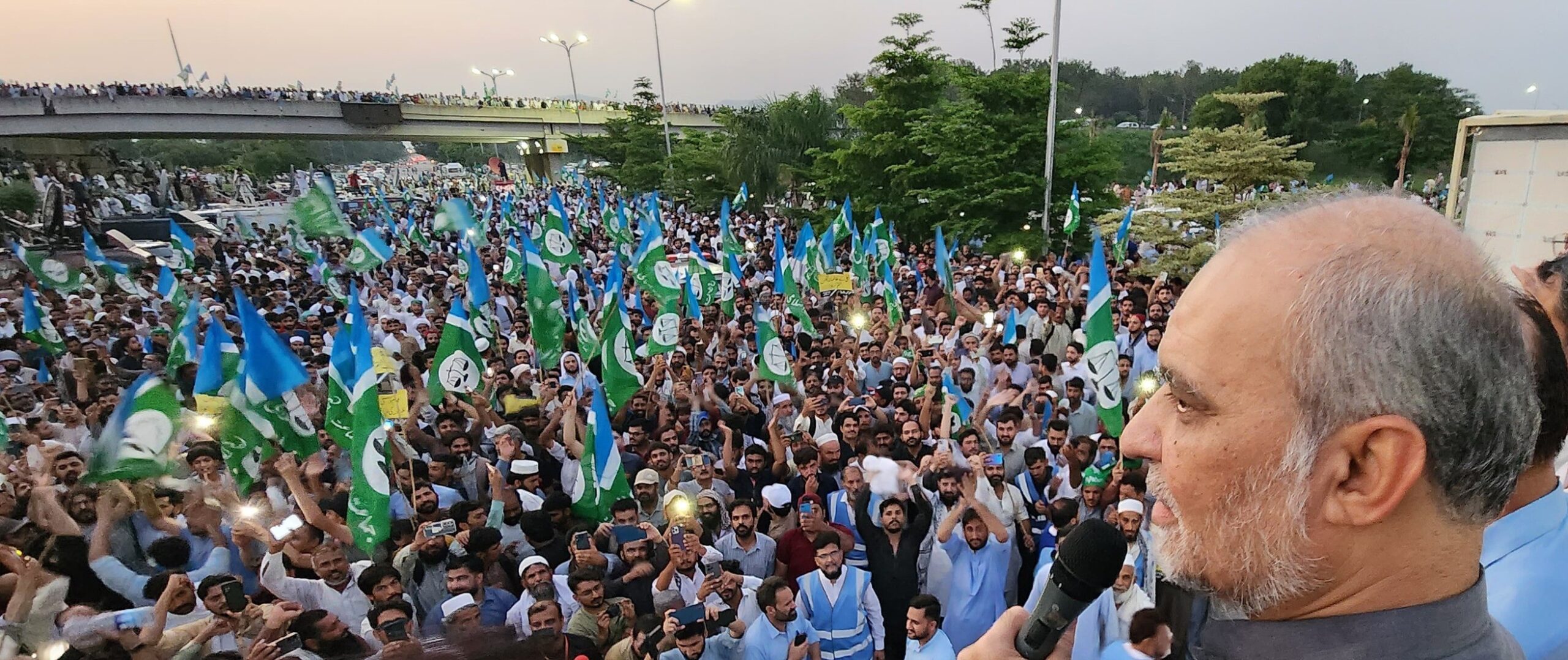This is a summary of the original paper published by RSIL Pakistan titled “Legal Memorandum on the Status of Jammu & Kashmir under International Law: The Law of Occupation & Illegal Annexation“ that may be found here
BACKGROUND
Jammu & Kashmir was a princely state under British rule prior to India’s independence. The Cabinet Mission Plan and India Independence Act 1947 gave princely states the choice to remain independent or accede to either India or Pakistan. Maharaja Hari Singh, the Hindu ruler of the Muslim-majority state, initially chose to remain independent and did not accede to either dominions by August 15, 1947. Instead, he signed a ‘Standstill Agreement’ with Pakistan which transferred responsibility for administering certain services in Jammu & Kashmir such as the post, telegraph, and railways from India to Pakistan. This position continued till the third week of October 1947, when disturbances inside the State led to Maharaja Hari Singh fleeing Srinagar. An ‘Instrument of Accession’ to the dominion of India is purported to have been signed by the fleeing Maharaja on 26 October 1947.
UN INTERVENTION
In response to the situation, the UN Security Council established the United Nations Commission on India and Pakistan (UNCIP) to investigate the allegations made by Pakistan and India. The Council then adopted Resolution 47 on 21 April 1948 advising that Indian troops and the tribesmen should withdraw, an interim government should be established to represent the major Kashmiri political groups and a five-member UNCIP should go to Kashmir to help restore peace and arrange a fair plebiscite. The plebiscite would be to decide whether Jammu & Kashmir was to accede to India or Pakistan. However, demilitarization never took place owing to disagreements between the two states. Pakistan believed that any withdrawal should be simultaneous owing to the fear of Indian aggression stemming from India’s annexation of the princely States of Junagadh and Hyderabad, the former having formally acceded to Pakistan during partition. India maintained that Pakistan should withdraw and only then would India withdraw its own forces. Since 1949, India has refused to agree to demilitarization of the region in any form to allow for a free and impartial plebiscite.
FOUNDATIONS OF ARTICLE 370
During this period, the Indian Constituent Assembly was being convened to draft the Indian Constitution. Article 370 of the Indian Constitution, which deals with the special status of Jammu & Kashmir, was portrayed by India as an “interim system” and a “temporary provision” that gave constitutional cover to the Instrument of Accession by exempting Jammu & Kashmir from the provisions of the Indian Constitution and restricting Parliament’s legislative power over the state to three subjects: defence, foreign affairs, and communications. This article was added to the Indian Constitution to address the sensitive issue of Jammu & Kashmir, as the UN Security Council had not yet yielded a favorable outcome for India, especially with regard to the question of plebiscite. The article required the prior concurrence of the state government for any other constitutional provisions or Union powers to be extended to the state, which had to be ratified by the state’s Constituent Assembly, and it was seen as a solemn compact between the state of Jammu & Kashmir and India.
ABROGATION OF ARTICLE 370
In early August 2019, India imposed a major security clampdown in Jammu & Kashmir, including a communication blackout, restrictions on public gatherings, and the arrest of local politicians. Additionally, 38,000 troops were sent to the region. On 5 August 2019, the President of India issued the Presidential Order C.O. 272 which made changes to the Indian Constitution, including the removal of references to the ‘Government of Jammu & Kashmir’ and the ‘Constituent Assembly of Jammu & Kashmir’, and the supersession of the Constitution (Application to Jammu & Kashmir) Order 1954. This effectively abolished the autonomy and special status of Jammu & Kashmir. Additionally, the Indian Parliament passed a resolution ‘recommending’ that the President use his powers under Article 370(3) to abrogate the entire substance of Article 370, and passed the Jammu & Kashmir Reorganization Bill which abolished the state and divided it into two Union territories. These legal maneuvers were done without the consent of the dissolved Legislative Assembly of Jammu & Kashmir and were in open contempt of constitutional safeguards and the principles of the UN charter.
LEGAL STATUS OF KASHMIR
The situation in Kashmir is tantamount to “occupation with an unlawful annexation” under international law due to the presence of a “hostile army” over the territory in question. In the context of Jammu & Kashmir, both the traditional and modern requirements are satisfied. India’s actions on 5 August 2019, which included the violation of the Instrument of Accession, the continued denial of the Kashmiri people’s right to self-determination, and the ensuing occupation and unlawful annexation of Jammu & Kashmir, have rendered the Indian forces in Jammu & Kashmir as a “hostile army” under international law. Additionally, International Law provides precedent of a more inclusive definition of occupation as there are ‘ample reasons to apply the law of occupation to situations not only on the basis of foreignness between administration and subjects’. This is in line with the Eritrea-Ethiopia Claims Commission award which held that the law of occupation could be applied to contested territory. India’s actions are also similar to Israeli state practice in the West Bank and Gaza Strip, where Israel gained effective control in 1967 and was deemed an occupant by the Security Council despite the absence of a clear sovereign. The ICJ and ICRC have also endorsed this approach, stating that the applicability of the law of occupation should not depend on subjective considerations and that the protection of civilians in times of war should be guaranteed regardless of the status of the occupied territories.
India’s actions on 5 August 2019, which included the annexation of Jammu & Kashmir, are null and void under international law. This is similar to Israel’s actions in Jerusalem and the Golan Heights, where they annexed territory seized in the 1967 war. These actions were roundly condemned by the United Nations and deemed null and void by the Security Council. Additionally, demographic changes in Jammu & Kashmir are strictly prohibited under the Geneva Conventions. Under Article 49 of Geneva Convention IV, it is prohibited for the Occupier to transfer civilians from the Occupying Power into the Occupied Territory. This is to prevent the Occupier from demographically transforming the territory in order to advance a claim of sovereignty and undermining the Occupied People’s right to self-determination. India’s actions appear to be attempting to change the demographics of the state, which would be contrary to Article 49 of the Fourth Geneva Convention and would also impact any future referendums in the state.
CONCLUSION
In short, the Indian government’s actions in Jammu & Kashmir on 5 August 2019 are considered a violation of international law. The changes made to the Indian Constitution, such as the removal of Article 35-A, are seen as an attempt to unlawfully annex the territory and change its demographics. The presence of Indian forces in the region is considered a “hostile army” under international law, and their actions in maintaining public order have been criticized for violating human rights norms. The Indian government’s actions in Jammu & Kashmir have also been compared to Israel’s actions in the West Bank and Gaza Strip, and are seen as similar illegal de jure annexations. The Indian government’s attempts to change the demographics of Jammu & Kashmir and its failure to maintain human rights standards are considered to be in grave violation and mockery of international humanitarian law and human rights law.
The views expressed herein may not necessarily reflect the views of JI FAD and/or any of its affiliates






